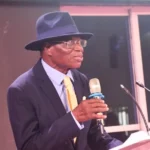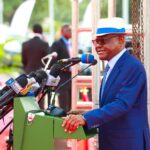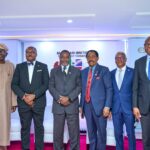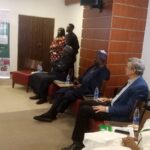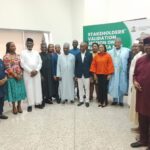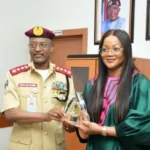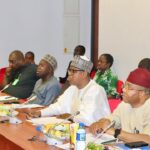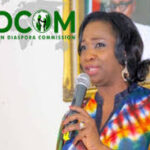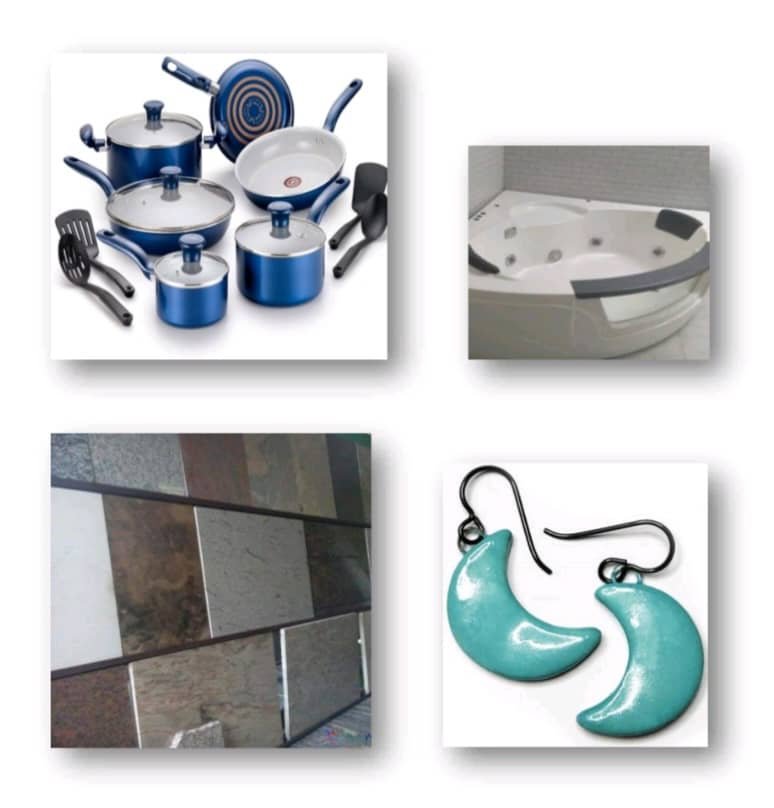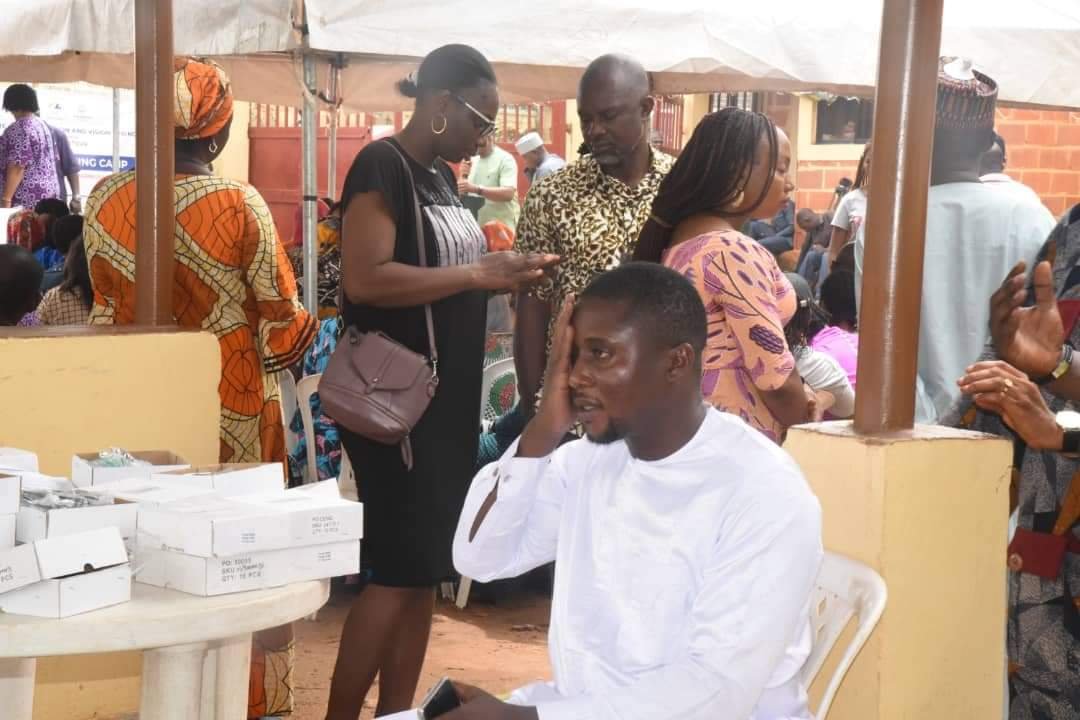NITDA to support Uniccon’s research as it unveils Apps
By Jessica Dogo The National Information Technology Development Agency (NITDA), says the agency will support Uniccon Group of Companies in terms of research as it unveils Omeife AI and Omeife Digital Literacy Apps. The NITDA’s Director-General, Mallam Kashifu Inuwa, made the disclosure during the unveiling of the company’s two AppsContinue Reading


